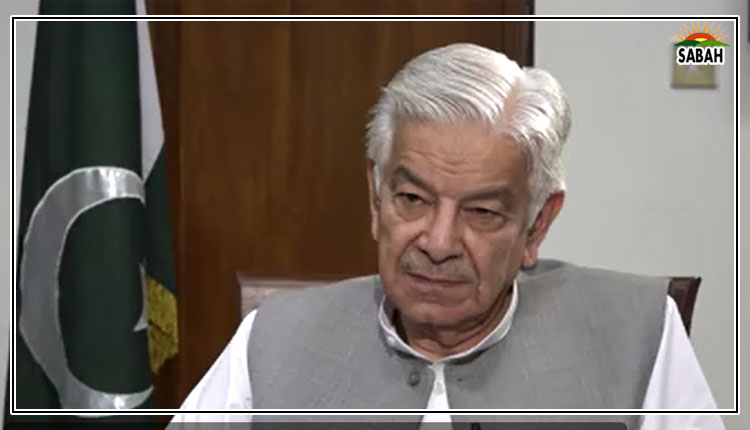The chip war …. Bilal Mustafa
In this modern era of entrepreneurship and innovation, we are entirely reliant on advanced tech tools, machinery and gadgets. From heating up food to developing nuclear energy, we seek assistance from high-tech machinery. One of the most intriguing questions that then arise in one’s mind is: What actually is the driving force behind this super-smart technology?
Well, a very valid response to that question is ‘micro-chips or semiconductors’, tiny pieces of metal that are exceptionally magical and help in the functioning of our planet. The cornerstone of these microchips is silicon. Anything that has technological smartness to it is the product of silicon. There are also some other elements that play a key role in making of these chips, such as phosphorus.
These micro-chips are not just a technological novelty but are also playing a pivotal role in shaping the global economy and international order. In the age of ‘Fifth generation warfare’, these micro-sized chips determine the economic and scientific strength of a state.
At this point in time, one can argue about the positions of different nations in the race to develop these chips but I feel that, due to globalization, the entire process of making, selling and transporting chips is dependent on various countries including China, the US, Taiwan, the Netherlands and South Korea.
Without going further into mathematical and technological complexities, let us discuss the impact of this technological innovation on geo-politics. This mass technological activity started in the 1960s in the US and changed its direction in the 1990s when an engineer named Morris Chang pulled off the feat of ‘reverse engineering’ and initiated a company in Taiwan in order to develop FABS (known as Microchip Manufacturing Plants).
These plants act as the central part in a way. It was difficult for the American companies to create these FABS in the US as these plants require billions of dollars to function, so the government of Taiwan encouraged this project and invested in the manufacturing of FABS in partnership with several scientific agencies. To this day, Taiwan has a crucial role in the manufacturing of chips and the US is one of the giant consumers of the technology.
The US considers China as a major financial, geo-political and technological rival, and recognizes Taiwan as its economic and technological partner in order to tackle China. This can be gauged from the recent exchange of the high-level delegations between the US and Taiwan.
The US is a major player in this industry, and manufactures modern chip technology for military uses and is also a major provider of this critical technology around the globe. Silicon Valley also manufactures software and equipment related to chip technology.
Here comes China, the emerging economic superpower. Beijing is also a huge buyer of these chips from Taiwan and the US as it has immense and growing economic and military needs. China has the second largest military in the world. In order to acquire more power militarily, it obtains different commodities related to chip technology from various companies of the US at a large scale. Beijing is reliant on the US for import of chip technology.
China has developed and modernized its military strength over the course of the last many decades. This is alarming for the US and to deal with this situation, the Biden Administration has wholly banned the export of chips and other sensitive military equipment to China.
Moreover, the US has set up two big FABS plants in Ohio and Arizona in order to be more independent technologically. On the other hand, President Xi of China has ordered to build chip-technology within mainland China in order to make up for the technological deficit. America still has the upper hand and is far ahead of China in this race.
Given the rising level of competition between the two largest powers, we have an escalating conflict on our hands with potential dangers for regional and global peace.
This developing conflict can have both positive and negative impacts on humanity. On one side of the equation, we may witness a rapid progress in AI and other tech-related tools, which can make our lives easier and better. This competition could give birth to significant implications for mankind.
What about globalization and the free market? Globalization has its own pros and cons and the same goes for free-market and trade. No international system is perfect in any sense. It is more about the national interest of one’s country and maintaining global order than acknowledging the impacts of globalizations and free trade.
We can analyze global history. Ronald Reagan, a big free marketer/trader and capitalist, banned the import of chip technology from Japan in 1988 as it was becoming a global competitor of the US. That tech industry ultimately crashed. National interest alone shapes the countries’ policy towards collective interests and aspirations of humanity.
We are witnessing a new era of global order which is totally based on national interests. As humans, we cannot let this new period dictate us.
All nations around the globe should come together to promote the scientific methods of life and assist each other to fight global challenges such as climate change in an effort to make this world a better place for our succeeding generations.
The writer lives in New York and is studying language and diplomacy.
Courtesy The News












